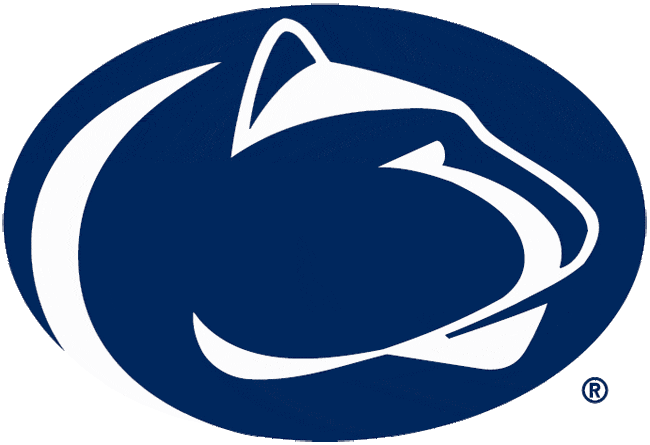The following op-ed was submitted by sports agent Eugene T. Lee. Mr. Lee is President/CEO – ETL Associates, Inc. and may found on Twitter – @EugeneTLee.
 In college towns all across America, intercollegiate athletics – especially college football – play an integral role in the college atmosphere and spirit of a university. Unfortunately, the sordid revelations of the past week in Happy Valley have exposed the most despicable part of big-time college athletics, especially among powerful college football programs.
In college towns all across America, intercollegiate athletics – especially college football – play an integral role in the college atmosphere and spirit of a university. Unfortunately, the sordid revelations of the past week in Happy Valley have exposed the most despicable part of big-time college athletics, especially among powerful college football programs.
In the past, college football programs have been sanctioned for offenses such as recruiting violations and impermissible booster contact and punished by the NCAA. However, the transgressions which occurred at Penn State over the past ten years – if not longer – are shameful and morally reprehensible – a prime example of a college football program that became larger than life.
The Penn State program answered to no one and simply did what it wanted to do. The failure to report and take proactive measures was tied directly to the institutional “win at all costs” mentality which is prevalent at many of the major Division I programs in the country, including Penn State. You cannot tell me that the potential detrimental effect on recruiting which would’ve been the direct result of public knowledge and media disclosure of the scandal did not weigh heavily into Joe Paterno’s decision to meet only his legal obligation of reporting the offense to his superiors and do nothing more.
This was a systemic failure to enforce justice and ensure the safety of innocent children from the football team’s former defensive coordinator, Jerry Sandusky, an alleged sexual predator. I am saddened and appalled by the fact the alleged abuse continued for at least 7 more years after the incident was first reported to Joe Paterno in 2002.
Joe Paterno met all of his legal obligations by reporting the crime to his superiors, but it is my contention that he had a moral responsibility to do something more. He should not have wiped his hands clean from a felony attack occurring in the Penn State football facility, and all titles aside, wasn’t Joe Paterno really the highest ranking official at Penn State?
The bottom line should have been to protect the innocent victims; instead, the football program and college administrators decided to sweep things under the rug and continue doing business as usual. The “win at all costs” mentality has finally caught up with Penn State and its football program. The heavy burden of past decisions and failures to act and the countless lives that were affected will be one that Joe Paterno and university administrators will have to live with their entire lives.
